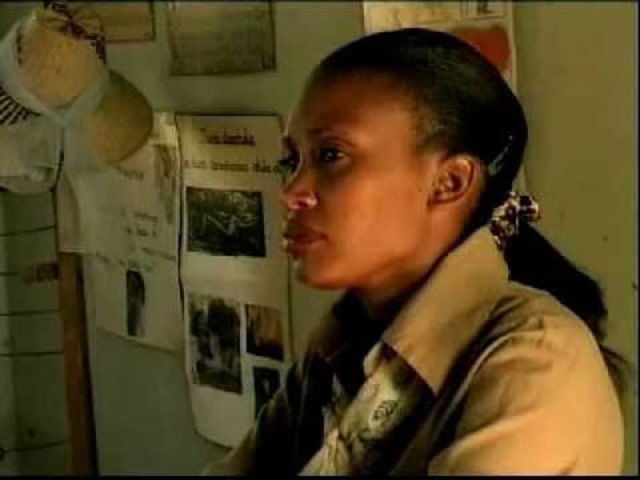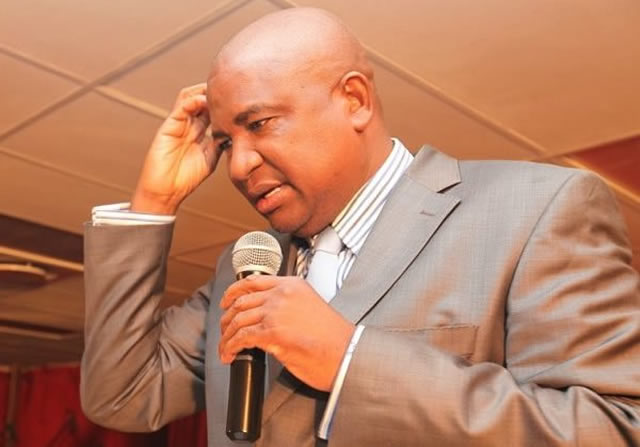‘Peretera Maneta’ a touching film

Kumbirayi Shoniwa Entertainment Reporter
A short film called “Peretera Maneta” (Spell my Name) directed by Tawanda Gunda Mupengo and produced by Tsitsi Dangarembga screened on Wednesday at the Book Cafe as part of the “16 Days of Activism Against Violence Against Women”. The film won the Unesco Children’s and Human Rights Award at the Zanzibar International Film Festival 2006, and has been selected for the International Short Film Festival Clermont-Ferrand (France), the Durban International Film Festival (South Africa), the Cinematographic Framework of Hergla (Tunisia) as well as the Imzir International Short Film Festival in Turkey.
Acted in Shona using English subtitles, the movie chronicles the journey of a sophisticated young schoolteacher whose city upbringing contrasts sharply with the rural environment she finds herself in.
Miss Chipunza’s reluctance to interact with the villagers takes a turn as she discovers a friendship with one of her special class students, a mute albino girl named Maneta.
Initially the young teacher is baffled at why the Grade 6 pupil is always preoccupied with drawing pictures during class and continually shunned by other school children.
With little time remaining during her placement at the village school, the young teacher discovers that Maneta has in fact been suffering from sexual abuse perpetrated by none other than the school headmaster Mr Mpofu.
It is now up to the young teacher to reveal the shocking discovery but will local folks believe this arrogant city woman over a man who commands respect in the community?
The cast includes Conchita Dzapasi (Miss Chipunza), Fadzai Mavhunga as Maneta and writer/actor Aaron Chiundura-Moyo as the lecherous headmaster.
The film generated several comments from the audience with some calling for more communication between parents and their children in order to quickly detect any problems affecting their lives.
Other viewers commended the use of indigenous languages to convey serious issues to people who may not grasp the complicated words used in foreign tongues.
The “16 Days” programme continues with more events lined up including poetry, films, discussions and music performances by Diana Samkange, Edith we Utonga, Ammara Brown and Victor Kunonga.










Comments